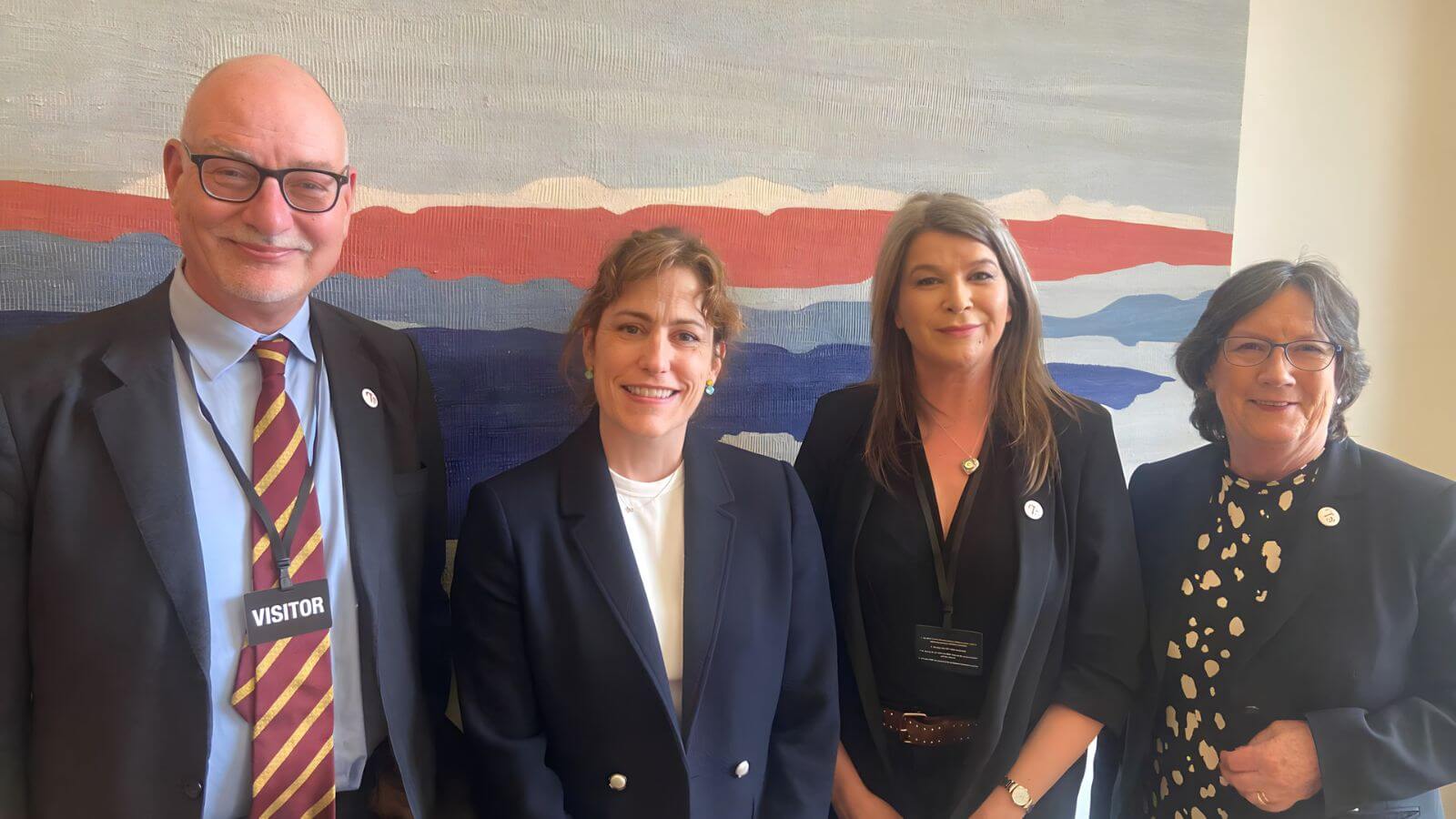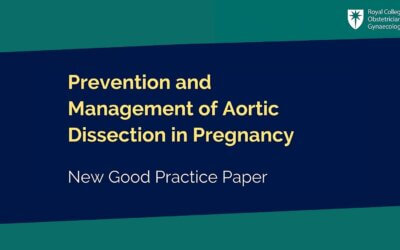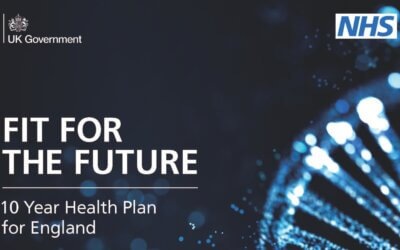Today, the Aortic Dissection Charitable Trust held an important meeting with The Rt Hon Victoria Atkins MP, the Secretary of State for Health and Social Care. DHSC and the charity came together again to agree on improving care for people with aortic dissection in the UK.
What Patients Need
Building on previous meetings, this discussion pinpointed three essential patient priorities:
- Better Treatments: Advocating for treatments that minimise the need for future interventions, addressing both immediate and long-term health.
- Specialist Care Follow-up: Ensuring patients always get follow-up care from experts in aortic dissection.
- Genetic Screening for Families: Making genetic tests easily available for family members who might be at risk.
These points were part of the detailed plan TADCT shared with the government to further strengthen NHS England’s plans to create a new Elective Toolkit, building on the success of the Acute Toolkit but focusing on long-term care.
The Charity’s Role
TADCT is set to leverage its experience from the Acute Toolkit, to gather insights from patients and clinicians. The goal is to ensure that contributions are informed, and that the emotional well-being of our members who participate is supported, with support offered as needed.

The Success of the Acute Toolkit
NHS England’s regional teams have widely endorsed the Acute Toolkit for its straightforward, reliable principles. It serves as a foundation for the Elective Toolkit, aiming to maintain these successful strategies while addressing the specific needs of elective care.
Building the ‘Elective’ Toolkit
The Elective Toolkit aims to refine and expand the principles of the Acute Toolkit, focusing on specialist team follow-up, comprehensive care, and genetic screening, ensuring all patients receive consistent, high-quality care. Aortic nurses will play a big part in this, helping to organise and give this care.
Further Areas of Discussion with DHSC
- We made the case for increased multi-professional educational materials to support the elective toolkit.
- In addition, we pressed for NIHR to build on the EARNEST Study (early intervention in type B aortic dissection) and fund a prospective randomised trial of more extensive intervention in acute type A dissection to reduce the need for further intervention in the future.
Addressing these areas with clear, evidence-based strategies is crucial for advancing aortic dissection care and ensuring patients receive the most effective and efficient treatment possible.
This meeting with The Rt Hon Victoria Atkins MP was another big step. It showed that everyone involved is serious about making things better for people with aortic dissection. With the government, NHS England, and TADCT working together, there’s a lot of hope for the future of aortic dissection care.




